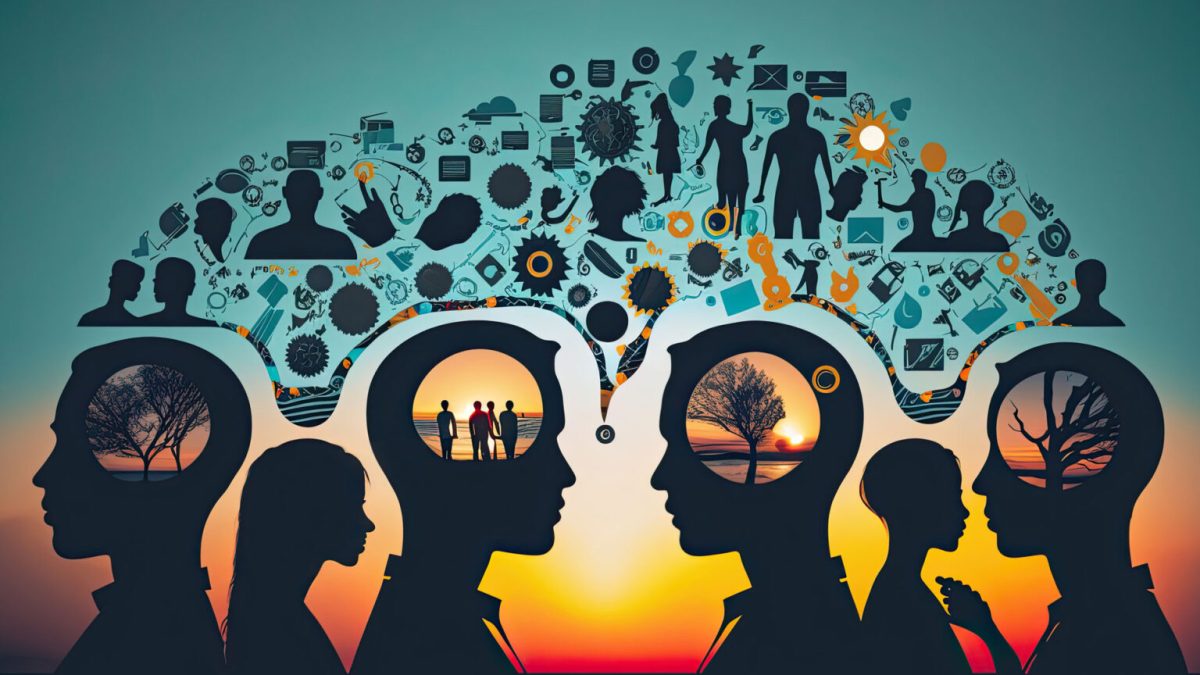COMMUNITY as Social Capital

Photo Credit : Bernice/Adobe Stock
Social capital has recently become a widely discussed topic in discussions about Community Development, aiming to explain various economic and social outcomes.
According to Ife & Tesoriero (2016), the concept of social capital involves human investments in social activities that are considered to unify relationships between individuals in society through social interactions, solidarity, and more. It is stated in other studies that social capital is an effort to incorporate socio-cultural factors to explain Development outcomes (Bhandari & Yasunobu, 2009). Referring to the above definition, social capital contains norms, trust, local values, allowing individuals or community groups to collaborate continuously. Therefore, built social capital requires aspects such as interpersonal trust, community participation, social support, as well as norms and values.
The role of social capital is crucial in community and societal development, influencing various aspects of economic, social, and cultural life. In the realm of development, social capital can help create an environment supporting sustainable economic growth, opening opportunities, and ensuring equitable access to resources, fostering creativity, and innovation (Thompson, 2018).
Social capital includes various aspects (Bhandari & Yasunobu, 2009; Anggraeni, et al., 2022), such as:
- Social Relationship Networks involving interactions among individuals and groups in society. These networks can be seen through family, friends, neighbors, coworkers, and community members, where all members can gain information, support, and resources from each other.
- Norms and Values used to guide behavior in society. Norms and values include morality, ethics, solidarity, justice, and a sense of caring, forming cooperation, building trust, and collaborating within the community.
- Trust containing individual or group beliefs to act as expected. This trust is then used to strengthen cooperation and collaboration within the community through shared and repeated social interactions.
- Community Participation referring to the involvement and active participation of community members in social, economic, cultural, and political life processes. This relates to strengthening the potential of the community in sustainable development to enhance social justice.
- Flow of Information, and Institutions. Social capital here refers to the community's ability as a channel or medium to disseminate information for exchanging knowledge, experiences, and ideas. As an institution, communities play a role in organizing interactions and activities within the community. Forms can vary, such as associations, institutions, foundations, artistic groups, environmental groups, music, and other interests.
Social capital becomes a social support involving emotional support, resources, well-being, psychological, and social support within the community. Social capital is not easily measured like physical assets or material wealth but broadly encompasses intangible aspects that can significantly impact various aspects of human life.
Thus, a community can be considered social capital as it provides a framework supporting cooperation, resource exchange, and the development of mutual trust among its members. The existence of a strong community functions well and significantly contributes to social, economic, and psychological well-being, strengthening the overall sustainability of society.
-Diana Anggraeni
References
Anggraeni, D., Sarwoprasodjo S., Saleh, Amiruddin & Bakti, AF. (2022). Radio Komunitas sebagai Agen Pembangunan Kesadaran Kritis bagi Masyarakat di Sawangan dan Ujungberung. https://repository.ipb.ac.id/handle/123456789/112792
Bhandari, Humnath & Yasunobu, Kumi. (1009). What Is Social Capital? A Comprehensive Review of the Concept. Asian Journal of Social Science, Vol 37 (3).
Ife, Jim & Tesoriero, Frank. (2016). Community Development. Alternatif, Pengembangan Masyarakat di Era Globalisasi. Yogyakarta: Pustaka Belajar
Thompson, Maria. (2018). Social Capital, Innovation and Economic Growth. Journal of Behavioral, and Experimental Economics, Vo. 73.

